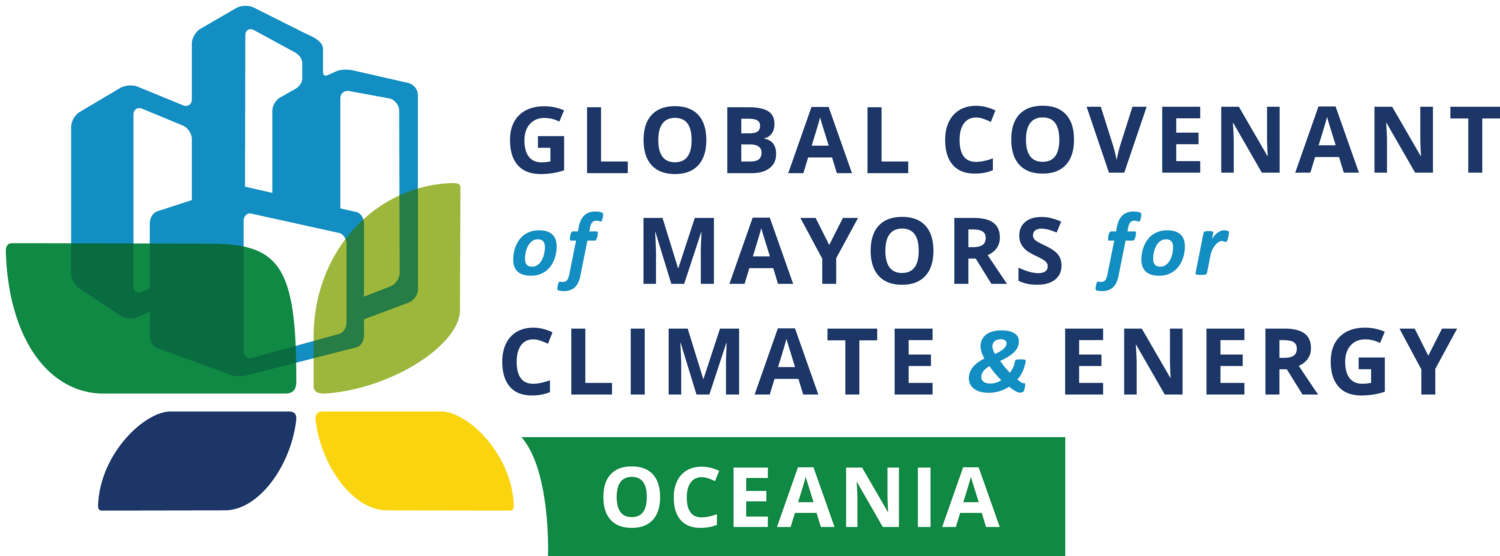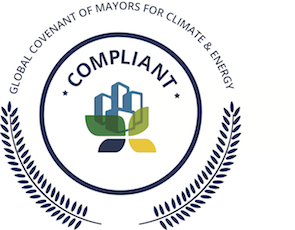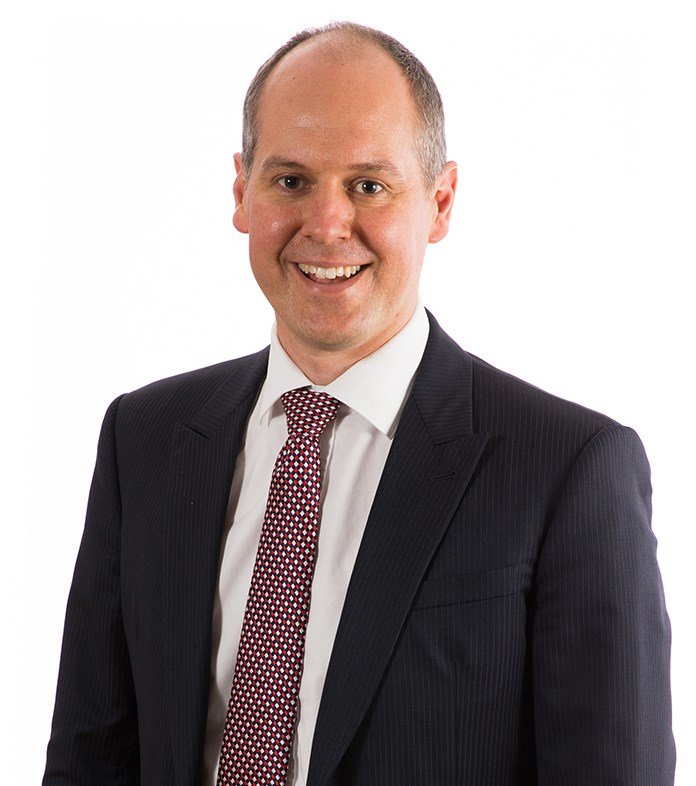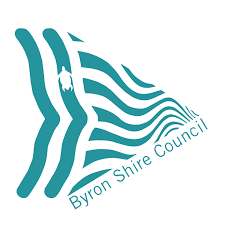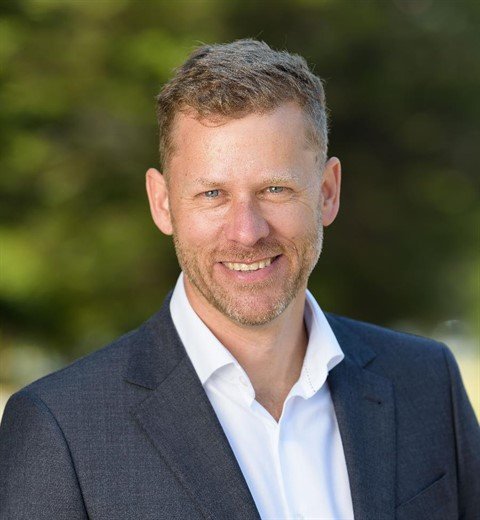Mayor: Adam Pulford
What Merri-bek City Council has achieved:
Merri-bek has been taking leadership action to reduce our corporate emissions for more than 23 years. In 2012 we were the third council in Australia to be certified carbon neutral for our corporate operations. In the same year, we installed the first Electric Vehicle (EV) Fast Charging station in Victoria (second in Australia) to support the shift to zero emissions transport.
More recently, in an Australian first, Merri-bek partnered with several other councils, businesses and institutions to drive investment in new renewable energy through the Melbourne Renewable Energy Project. This project, led by Melbourne City Council, has resulted in a ten-year power purchasing agreement to secure renewable wind power from Tango Energy sourced from Crowlands Windfarm near Ararat (in regional Victoria). Through this partnership, Merri-bek is meeting 100% of our corporate electricity demand with renewables.
Now Council’s EV charging station network (one of the largest owned and operated by a Council in Australia) includes 16 public locations, including five fast charge stations. Council now has 30 pure electric vehicles (EVs) in its own fleet. This is the largest Council EV fleet in Victoria.
Since 2011, energy efficiency upgrades and installation of solar photovoltaics (PV) on Council buildings have delivered big savings on energy bills. The 1.3MW of installed rooftop PV capacity saves 1,030 tonnes of CO2 emissions (compared to grid-average electricity) and saves Council around $192,500 each year off energy bills, which is money that can be re-invested in community projects. Our new Glenroy Community Hub is a passive house public building and achieves Living Building Challenge Petal certification – two of the most difficult-to-achieve international sustainable design standards.
What Council hopes to achieve in the future:
Merri-bek Council is working with our community towards a zero carbon municipality by 2035. Merri-bek continues to invest in accelerating community and council energy transition towards ‘efficient and 100% renewable.’ With some 63MW of solar installed across homes and businesses across the municipality, Merri-bek will be increasingly powered by renewable energy, generated and stored across a range of sites. A project is underway to deliver a community battery in Brunswick. We work with private and public sector partners to promote Merri-bek as a testing ground for innovative energy initiatives. Council supports relevant research and delivery of products, services and financing options to enable residents to make the transition to an efficient all-electric home.
Please visit the Zero Carbon Merri-bek website
https://www.merri-bek.vic.gov.au/
